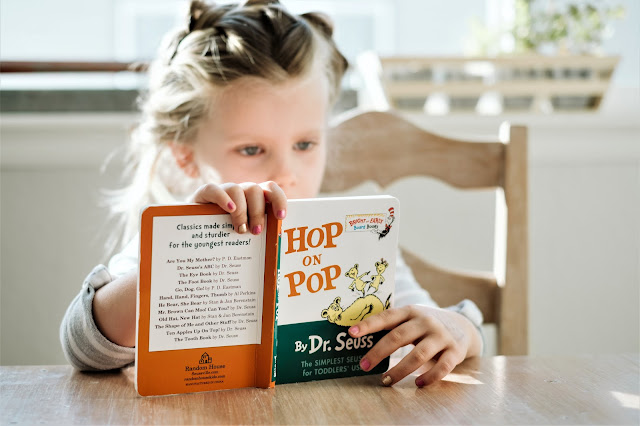 |
| Photo: Josh Applegate |
THE ESSENSE OF YOUR STORY
When agents and editors read your work, they are not only looking for character and plot, they want to get a sense of the theme. Theme is a word or two that gives the essence of your story. It touches on what the main character learns and how that character changes in the process of the story.
That said, can you identify the theme or themes in your picture book stories? For me, two themes often appear in my picture books: bravery/courage and kindness/empathy
Why do I choose these themes? It's kind of like the sorting hat in Harry Potter, where the hat chooses the wizard. I don't choose a theme; the theme becomes apparent after the first draft of the story.
When I write a children's book, I concentrate on character and plot. The theme turns up when most of the story has been developed.
For instance, in one of my picture books, a young girl wants to find a way to help a homeless person. This story, based on a true experience, honors my daughter who gave her umbrella to a penniless person. As the story developed, the theme of empathy emerged by showing the actions of the main character.
If you're struggling with theme, consider what Writers Write has to say:
"A theme can be chosen by answering one or both questions:
- What does the protagonist learn about him or herself in the story?
- What does the protagonist learn to cope with in the story?"
Writers Write identifies 10 Powerful Recurring Themes In Children’s Stories:
- Courage
- Friendship
- Belonging/Identity
- Family
- Loss/Grief
- Growing Up.
- Anger
- Suffering
- Jealousy
- Love
Of course, there are many other choices, as listed here:
Most memorable children's books revolve around a theme. For example, the theme of Horton Hears a Who is taking a stand and the value of hard work is the theme in The Little Engine That Could.
But don't let finding a theme pressure you. Relax, don't overthink it. I suggest that you pour out your story and let it evolve. Have confidence that a theme will appear.
But...a word of caution: If you're ready to submit your picture book, avoid pointing blatantly to the theme of your story. This can be a bit of a turnoff to an agent. Rest assured that when you describe the actions of your protagonist, you'll be able to convey the theme.
Often, I've found that the themes in my picture book books end up being things I care deeply about. They are issues I want to explore and causes I want to shed light on. This may be the case for you, too. Themes emerge when you write about something you're passionate about. So, take a look at the pieces that you've written and the actions of the main character. Can you identify the themes in your stories?
✌ and ♥

.JPG)
